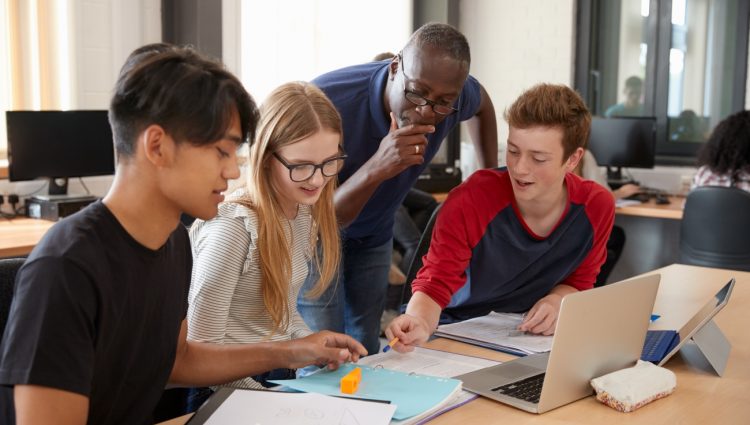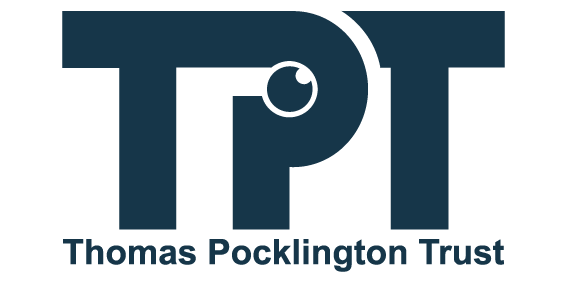Our campaign calling for improvements to education for blind and partially sighted students
The Special Educational Needs and Disabilities (SEND) system in England is currently in crisis, and Vision Impairment (VI) education services are facing significant pressure. As a result, many blind and partially sighted (BPS) students are not receiving the education and support they are entitled to, leading to gaps in skills, knowledge and experiences that are essential for success in adulthood.
Our report, A Vision for Vision Impairment (VI) Education, emphasises the need for urgent change to ensure BPS students receive the support they need to thrive in their education. The report outlines the challenges faced by BPS students and provides a roadmap, with five essential building blocks for government to implement, to create a more inclusive education system.
The impact of the current system can be profound, affecting not only the educational attainment of BPS students but also aspirations, social inclusion, independence and wellbeing. There is a need for systemic change!
Read the A Vision for VI Education report here
The Building Blocks for Change
The report outlines five building blocks that we believe have the potential to transform the educational experiences and outcomes of BPS students. These building blocks are a call to action for the Government to create a more inclusive education system:
- Embed the Curriculum Framework for Children and Young People with Vision Impairment (CFVI) in policy. Integrating the CFVI into policy will help ensure BPS students receive a consistent and inclusive education.
- Provide adequate ringfenced funding for statutory vision impairment services in Further Education. This funding is crucial to ensuring that BPS students have access to the necessary resources and support throughout their educational journey.
- Develop a strategy for assistive technology and mainstream technology. There is a need for a comprehensive strategy to ensure BPS students can access the technology they need to participate fully in education and gain skills essential for future employment.
- To include vision impairment education in work towards the development of a Children’s Wellbeing Bill, review of the National Curriculum and to rapidly review the SEND and Alternative Provision Improvement plan. The Government’s work to improve education must ensure improvements in education provision for BPS students.
- Make the Disabled Student Commitment mandatory for Higher Education providers and the wider Higher Education sector. Making this commitment mandatory will ensure universities are better placed to support BPS students.
A Call to Action
We are calling on the Government to work with blind and partially sighted students and the vision impairment sector, to better understand their education experiences. The report urges policymakers to implement changes based on these five building blocks to create a more inclusive and supportive education system for all BPS students.







